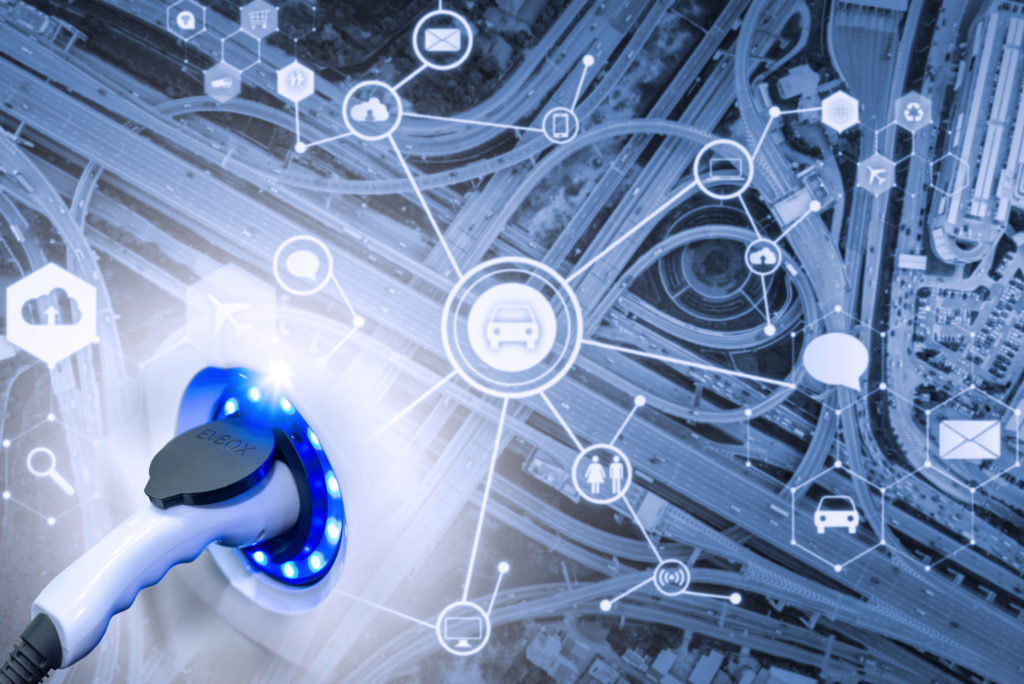
In the ever-evolving landscape of urban development, the integration of smart technologies has become a driving force for positive change. One of the most promising and transformative intersections is the marriage of smart cities and electric vehicle (EV) charging infrastructure. This synergy not only addresses the pressing issues of environmental sustainability but also envisions a future where cities are seamlessly connected, efficient, and environmentally responsible.
1. Sustainable Mobility:
At the heart of the smart city-EV charging integration is the commitment to sustainable mobility. Electric vehicles have emerged as a cleaner and greener alternative to traditional combustion engine vehicles, contributing significantly to the reduction of greenhouse gas emissions. By strategically deploying EV charging stations throughout urban landscapes, cities can encourage the adoption of electric vehicles, paving the way for a cleaner, more sustainable future.
2. Intelligent Infrastructure:
Smart cities leverage advanced technologies, such as the Internet of Things (IoT), to create intelligent infrastructure. In the context of EV charging, this translates to interconnected charging stations that communicate with each other and with central management systems. Real-time data on charging station availability, energy consumption, and maintenance needs can be monitored and managed efficiently, ensuring a seamless experience for EV users.
3. Accessibility and Equity:
A vision for the future includes an emphasis on accessibility and equity in EV charging infrastructure. Smart cities can strategically deploy charging stations in areas that lack access to traditional transportation options, promoting inclusivity and addressing mobility challenges faced by underserved communities. This approach ensures that the benefits of electric mobility are enjoyed by all residents, regardless of socioeconomic status.
4. Energy Optimization:
Integration with smart grids allows for optimized energy consumption and distribution. By intelligently managing the flow of energy to and from EVs, smart cities can prevent grid overloads during peak hours and maximize the use of renewable energy sources. This not only enhances the reliability of the power grid but also contributes to the overall efficiency of the energy ecosystem.
5. Seamless User Experience:
In a vision for the future, EV charging becomes a seamless part of urban life. Through mobile apps and digital platforms, users can easily locate nearby charging stations, check availability, and make payments. The integration of payment systems, loyalty programs, and user-friendly interfaces fosters a positive and convenient experience for EV owners.
6. Environmental Impact:
The cumulative impact of widespread EV adoption in smart cities is a significant reduction in air pollution and greenhouse gas emissions. As more vehicles transition from fossil fuels to electricity, the air quality in urban areas improves, positively impacting the health and well-being of residents. This environmental benefit aligns with the broader goals of sustainable urban development.
The intersection of smart cities and EV charging represents a visionary approach to urban development. By embracing sustainable mobility, intelligent infrastructure, accessibility, energy optimization, and a seamless user experience, cities can create a future where electric vehicles play a central role in shaping cleaner, greener, and more connected urban environments. This vision addresses current environmental challenges and positions cities as leaders in the global movement toward a sustainable and electrified future.